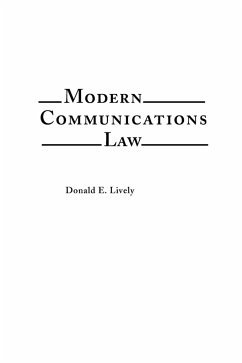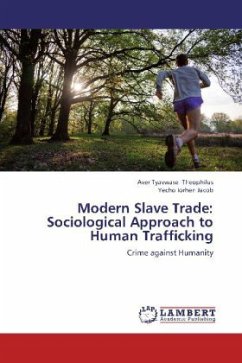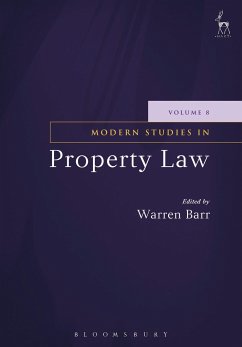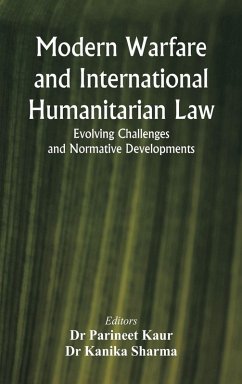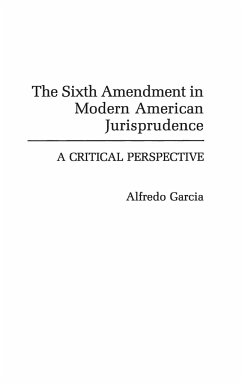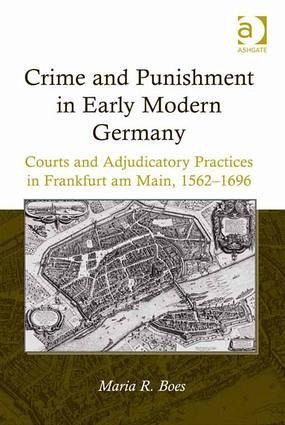
Crime and Punishment in Early Modern Germany
Courts and Adjudicatory Practices in Frankfurt am Main, 1562-1696
Versandkostenfrei!
Versandfertig in über 4 Wochen
196,99 €
inkl. MwSt.
Weitere Ausgaben:

PAYBACK Punkte
98 °P sammeln!
Frankfurt am Main, in common with other imperial German cities, enjoyed a large degree of legal autonomy during the early modern period, and produced a unique and rich body of criminal archives. In particular, Frankfurt's Strafenbuch, which records all criminal sentences between 1562 and 1696, provides a fascinating insight into contemporary penal trends. Drawing on this and other rich resources, Boes reveals shifting and fluid attitudes towards crime and punishment and how these were conditioned by issues of gender, class and social standing within the city's establishment. She attributes a s...
Frankfurt am Main, in common with other imperial German cities, enjoyed a large degree of legal autonomy during the early modern period, and produced a unique and rich body of criminal archives. In particular, Frankfurt's Strafenbuch, which records all criminal sentences between 1562 and 1696, provides a fascinating insight into contemporary penal trends. Drawing on this and other rich resources, Boes reveals shifting and fluid attitudes towards crime and punishment and how these were conditioned by issues of gender, class and social standing within the city's establishment. She attributes a significant role in this process to the steady proliferation of municipal advocates, jurists trained in Roman Law, who wielded growing legal and penal prerogatives.









